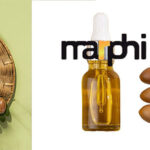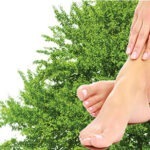Is Moroccan argan oil good for wrinkles?
Moroccan argan oil is often praised for its potential benefits in addressing wrinkles and other signs of aging. While individual responses to skincare products can vary, argan oil contains several components that may contribute to its anti-aging properties. Here’s how Moroccan argan oil may be beneficial for addressing wrinkles:
1. Rich in Antioxidants: Argan oil is high in antioxidants, including vitamin E. Antioxidants help neutralize free radicals, which can contribute to skin aging. By protecting the skin from oxidative stress, argan oil may help reduce the formation of wrinkles.
2. Essential Fatty Acids: The oil contains essential fatty acids, such as omega-3 and omega-6, which are important for maintaining skin health. These fatty acids contribute to skin hydration and elasticity, potentially reducing the appearance of fine lines and wrinkles.
3. Moisturizing Properties: Argan oil is an effective moisturizer that can help hydrate the skin. Proper hydration is essential for maintaining the skin’s suppleness and minimizing the appearance of dryness and wrinkles.
4. Skin Regeneration: Some proponents suggest that argan oil may aid in skin regeneration and renewal. This could contribute to the smoothing of fine lines and wrinkles over time.
To use Moroccan argan oil for wrinkles,
“leading producer and exporter of organic Argan oil, prickly pear seeds oil and beauty cosmetics products Based in Agadir. Morocco.”MarphiTo use Moroccan argan oil for wrinkles, you can apply a small amount to clean, damp skin. Gently massage the oil into your face and neck, allowing it to absorb. It can be used alone or incorporated into your existing skincare routine. While many people find argan oil beneficial for their skin, it’s important to note that scientific studies specifically addressing its anti-wrinkle effects are limited. Additionally, individual skin types vary, and what works for one person may not work the same way for another. If you have specific concerns about wrinkles or aging, consulting with a dermatologist can provide personalized advice and recommendations tailored to your skin’s needs.




